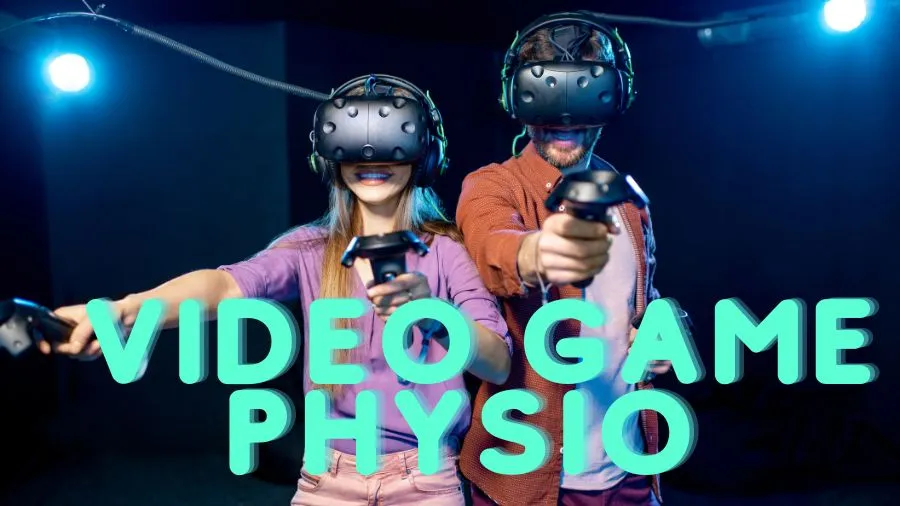Forget boring exercises and tedious routines! Pediatrics physical therapy is embracing a revolutionary tool to engage young patients and boost their recovery: Video Game Play Therapy. This innovative approach leverages the captivating nature of video games, transforming rehabilitation into an enjoyable and interactive experience.
Transforming Therapy: The Power of Video Game Play Therapy
Video Game Play Therapy in pediatrics goes beyond mere entertainment. It utilizes specially designed games or adapted versions of commercially available titles to target specific physical goals set by therapists. By incorporating movement-based games, patients engage in exercises disguised as fun challenges, promoting:
- Improved Motor Skills: Games requiring specific movements, like jumping or balancing, can enhance gross motor skills, coordination, and agility.
- Enhanced Strength and Endurance: Repetitive actions within the game environment can build muscle strength and improve stamina.
- Increased Range of Motion: Games designed to reach and interact with virtual objects can improve flexibility and range of motion in affected joints.
- Pain Management: The engaging nature of video games can distract patients from discomfort, reducing perceived pain and anxiety during therapy sessions.
- Motivation and Adherence: The inherent fun factor of video games encourages active participation and motivates children to adhere to their therapy routines.
Benefits Beyond Physical Prowess: The Ripple Effect of Video Game Therapy
The benefits of Video Game Play Therapy extend far beyond physical improvements. This approach fosters:
- Enhanced Cognitive Skills: Games often require problem-solving, decision-making, and strategic thinking, stimulating cognitive development.
- Improved Social Interaction: Collaborative and multiplayer games encourage communication, teamwork, and social interaction, particularly beneficial for children facing social challenges.
- Positive Emotional Impact: The sense of accomplishment and mastery gained through gameplay can boost self-esteem, confidence, and overall well-being.
Tailoring the Play: Different Games for Different Needs
The versatility of Video Game Play Therapy allows therapists to personalize treatment plans based on individual needs and preferences. Different types of games address various conditions, including:
- Cerebral Palsy: Games focusing on balance, coordination, and reaching movements can improve motor function and independence.
- Musculoskeletal Disorders: Games targeting specific muscle groups can enhance strength, flexibility, and range of motion.
- Neurological Conditions: Games requiring cognitive skills and problem-solving can stimulate cognitive development and rehabilitation.
The Future of Playful Healing: Embracing Video Game Play Therapy
Video Game Play Therapy is rapidly gaining traction in pediatrics physical therapy. With its engaging nature, personalized approach, and proven benefits, this innovative technique promises a brighter future for young patients, making rehabilitation not just effective, but fun and rewarding.




